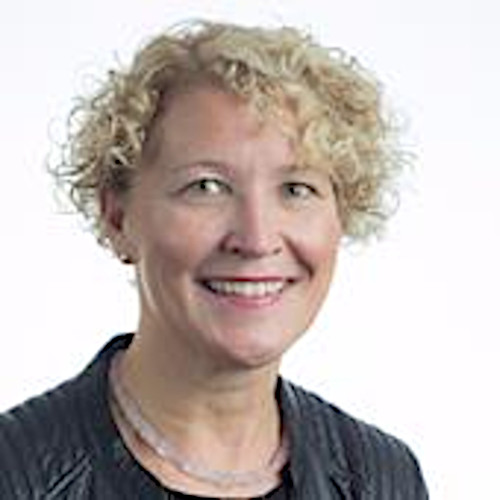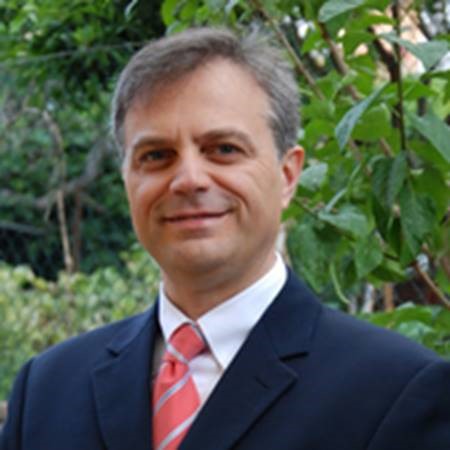International Center For
Self Care Research
Why Is Self Care Important?
People with chronic conditions must be actively involved in self-care. Of 8,760 hours in a year, only about 10 hours or 0.001% are spent with healthcare professionals. All other health maintenance, monitoring and management activities are done by individuals and their families as self-care activities. Performing self-care will improve well-being, decrease morbidity and mortality, and reduce healthcare costs.
Research has revealed the complexity of self-care. A wide variety of factors influence the decisions that people make about self-care. Significant knowledge gaps remain on how to influence those decisions in a manner that supports self-care. Our knowledge of the effects of self-care on outcomes is relatively undeveloped.

Our Mission
The vision of this Center is a world where self-care is prioritized by individuals, families, and communities and is the first line of approach in every health care encounter.
The mission of the Center is to lead the self-care research endeavor, improving conceptual clarity and promoting interdisciplinary work informed by a shared vision.
Current Challenges and Opportunities
Coordinate Isolated Activities
Many people across the world are studying self-care and we anticipate that this research will continue. However, enthusiasm for self-care research is now so robust that it is becoming fragmented. Isolated research groups may waste time and effort in creating something that already exists. Repeating studies in specific countries or specific patient groups may waste energies that would be better used to contribute to an international and multicultural body of knowledge.
Deepen Understanding
We need to deepen our theoretical understanding of the mechanisms underlying self-care behaviors. Without depth in understanding why, when, and how our interventions work, interventions may reflect guesswork. With a deeper understanding of barriers and facilitators of self-care we can develop and test promising interventions, improve our theoretical thinking, and formulate new hypotheses. Collaborating will deepen our understanding of self-care.
Promote Continuity
Currently researchers working worldwide are developing the field of self-care research. Their work may be temporarily funded but when funds run out, their work often ceases. This situation has resulted in a paucity of advanced projects answering the critical questions in the field. Possibilities to merge research resources in this Center can promote better continuity through a joint research agenda and organizing of international studies.
Why Us?
We bring a unique perspective to existing self-care centers. Existing centers emphasize a medical model (i.e. disease focus) or a community perspective addressing the promotion of self-care behavior in regions and countries across the world. Our focus is theory-driven research.
Co-Directors of the Center are Professors Riegel and Jaarsma, experts recognized worldwide as leaders in the study of self-care. Individually and together they have published more than 200 articles on the topic of self-care.
Coordinating Council members are Professors Anna Stromberg (Sweden) and Ercole Vellone (Italy). Both have a deep understanding of theories of self-care and extensive research experience in self-care.

Barbara Riegel
PhD, RN, FAAN

Anna Stromberg
PhD, RN, FAAN

Tiny Jaarsma
PhD, RN, FAAN

Ercole Vellone
PhD, RN, FESC